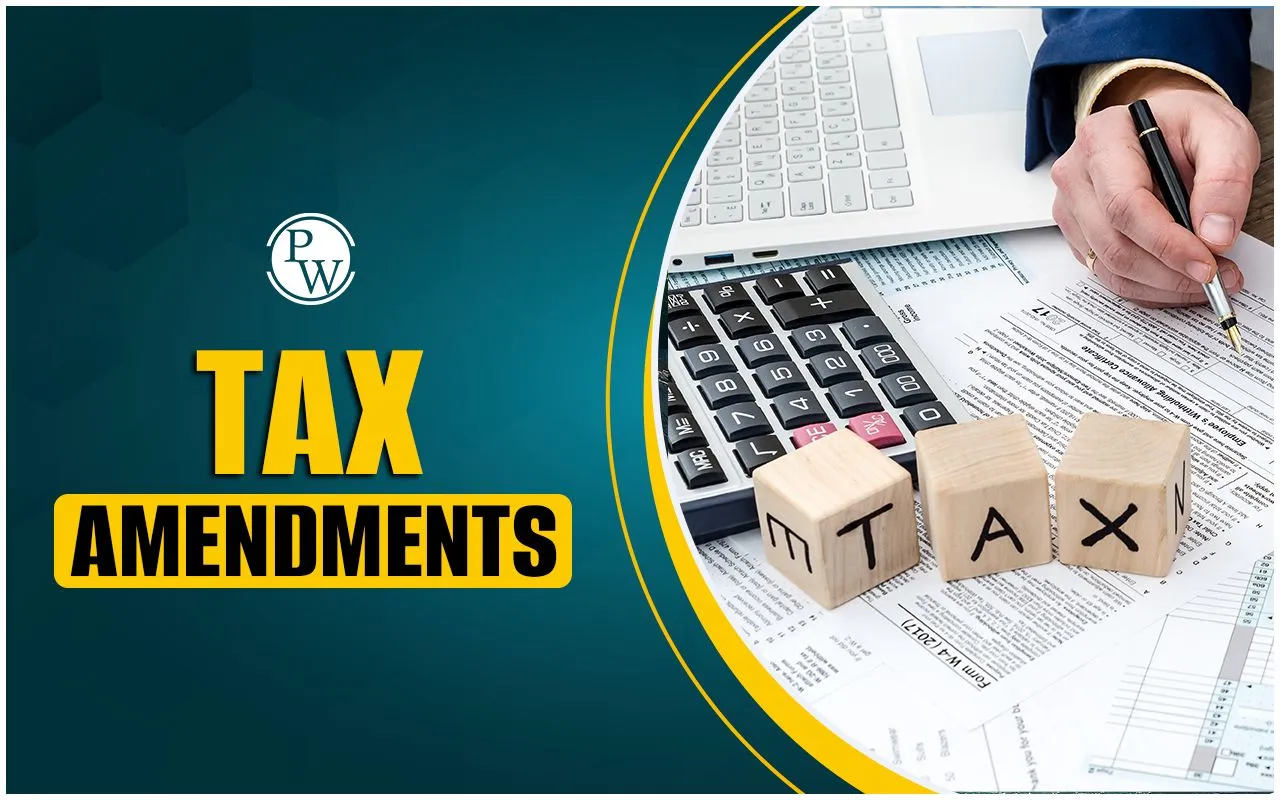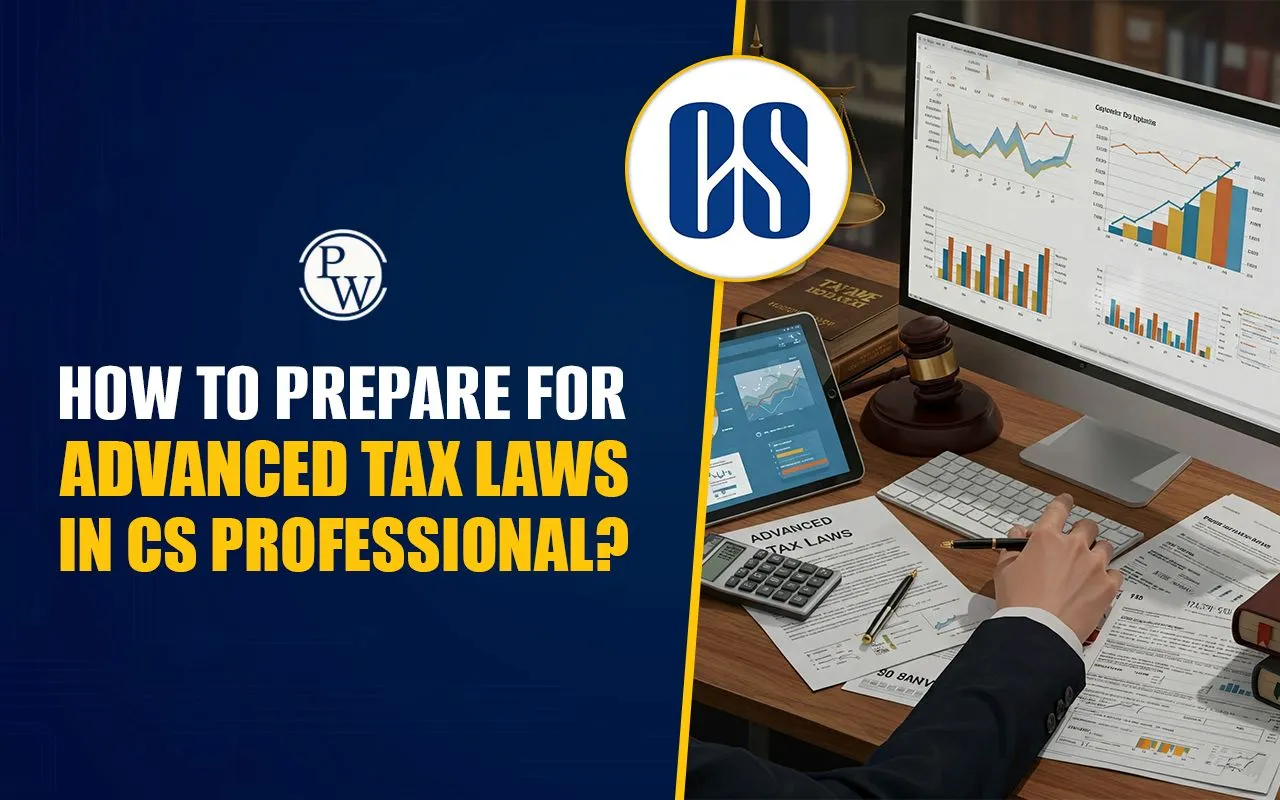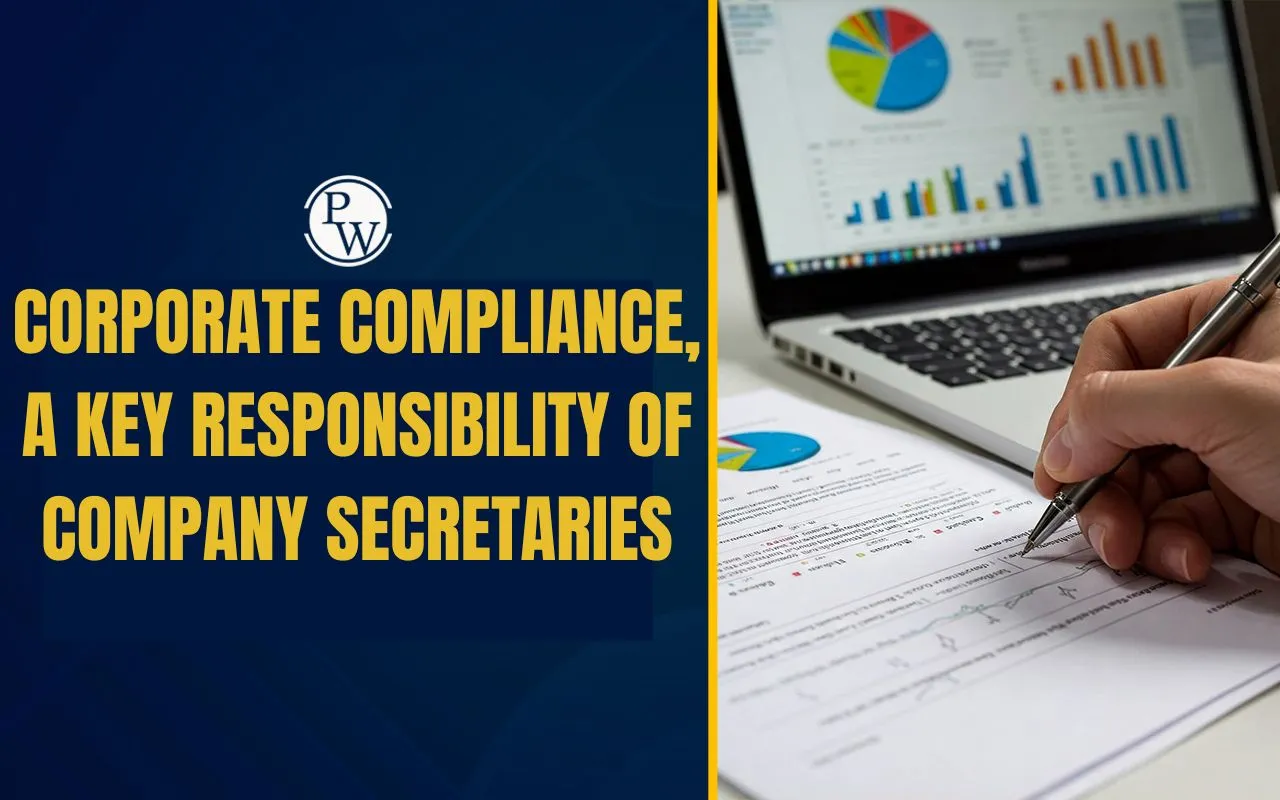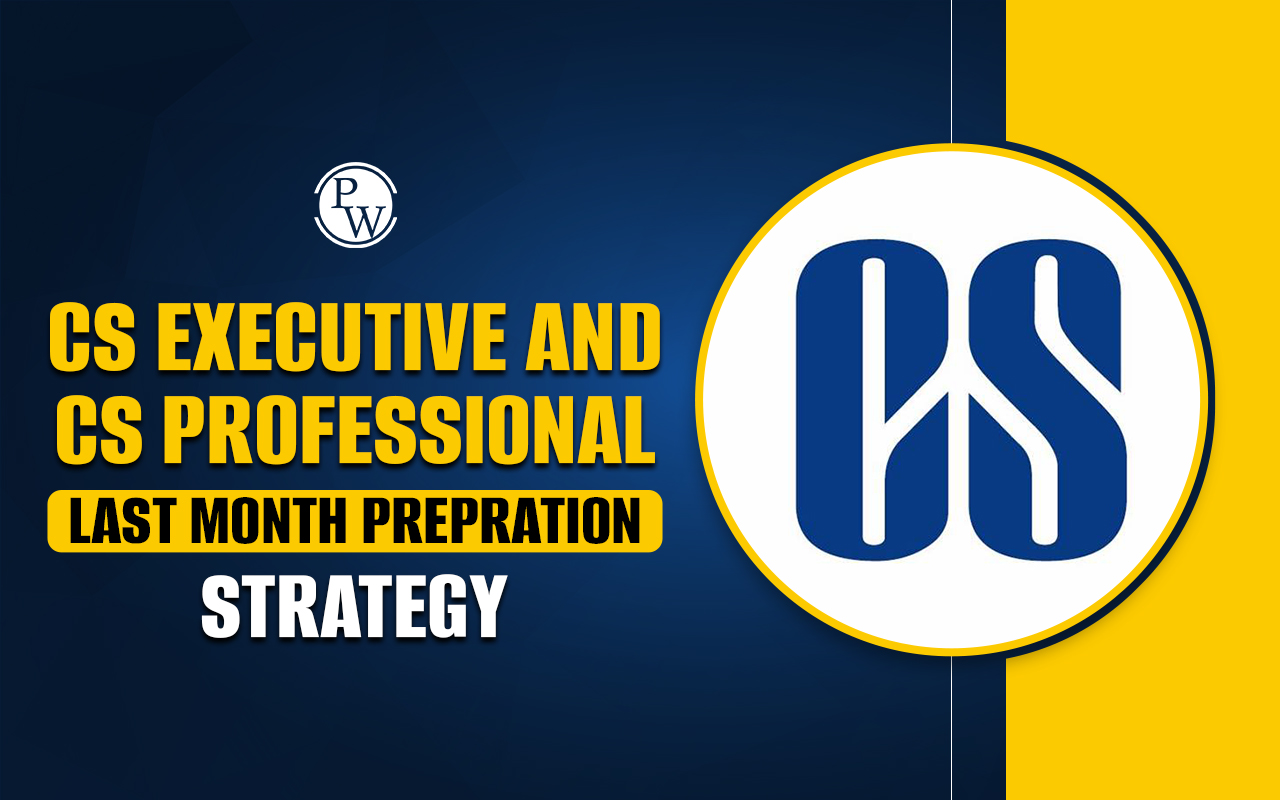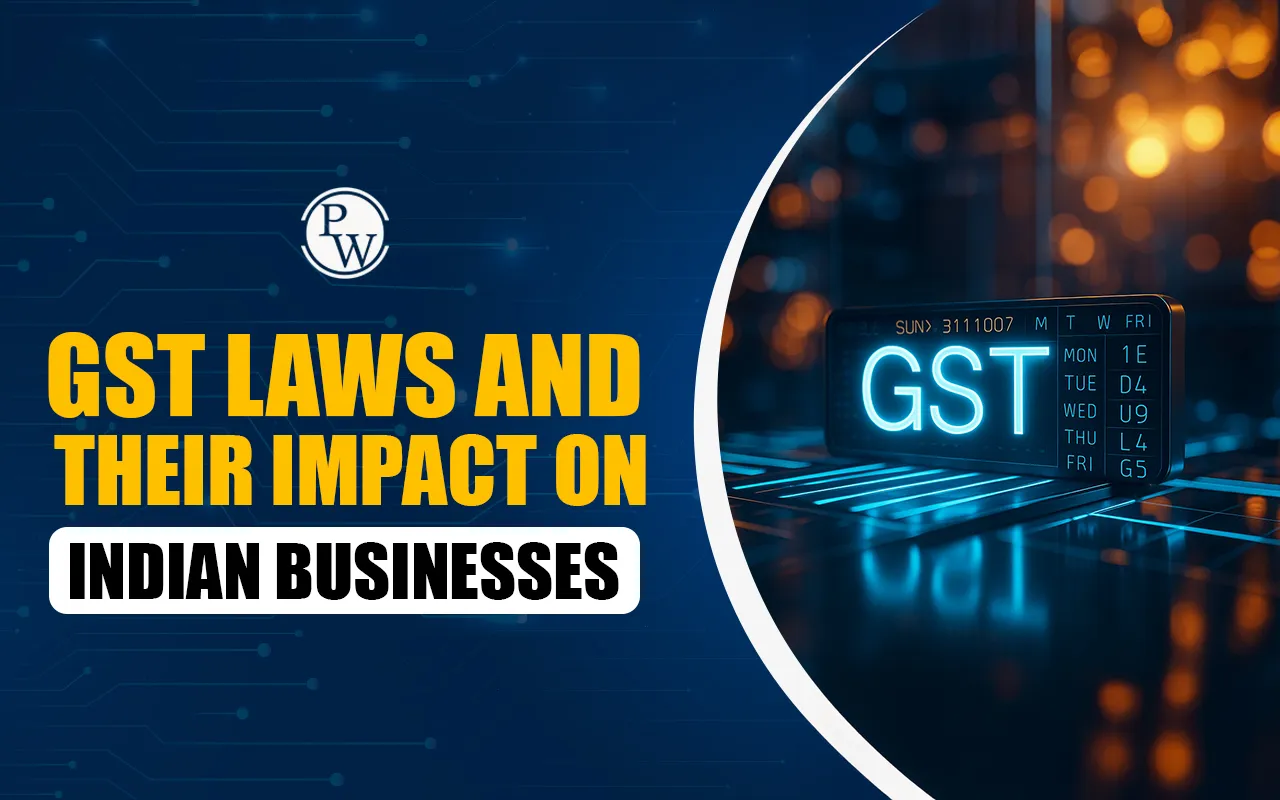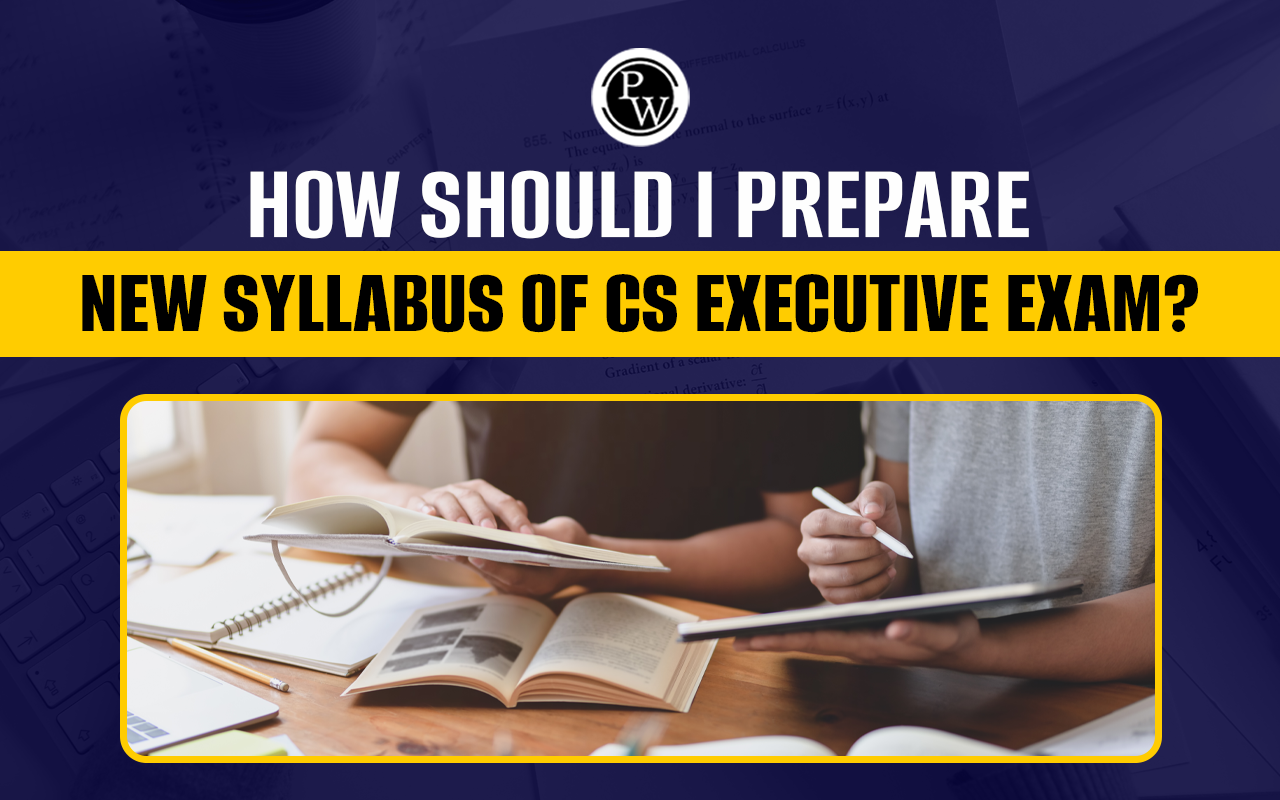
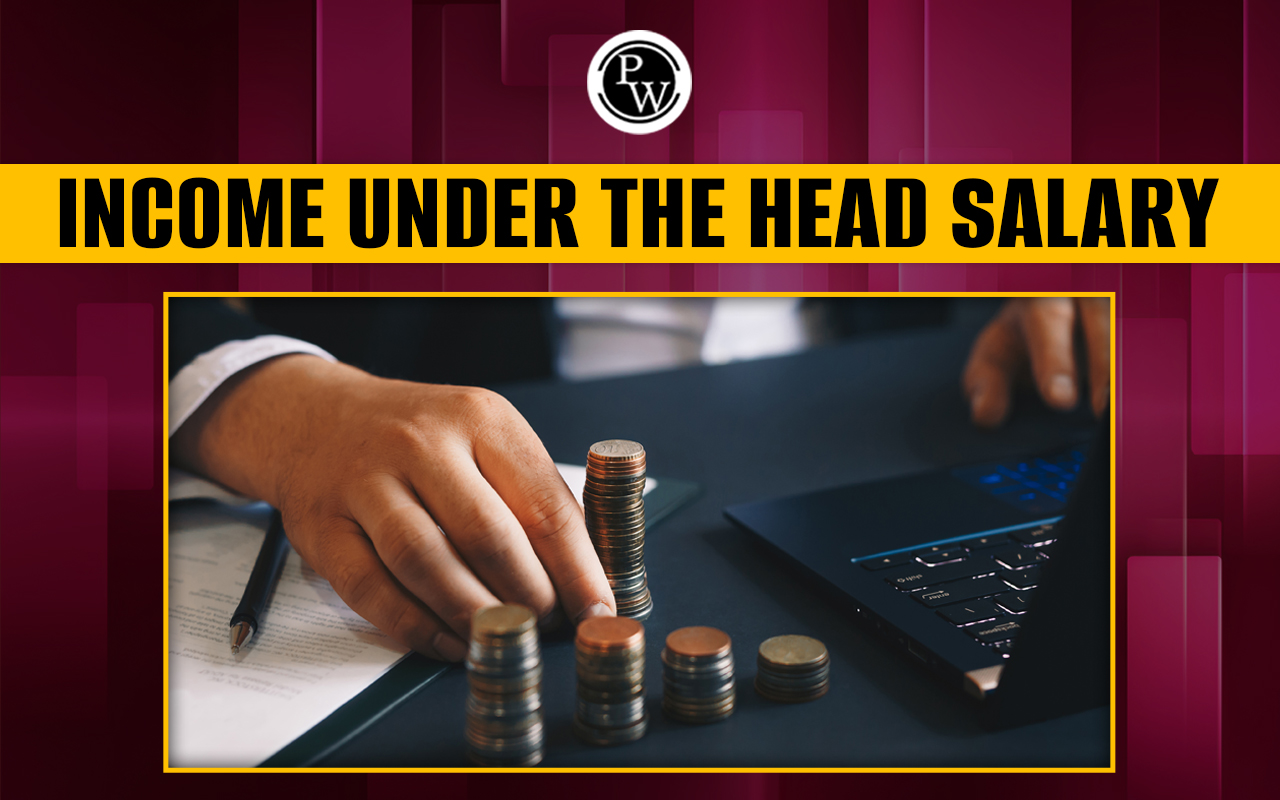
Income under the head Salary is a significant component of an individual's taxable income in India, governed by the Income Tax Act 1961. It includes all forms of remuneration received by an employee from an employer, encompassing monetary payments like basic wages, bonuses, and commissions, as well as non-monetary benefits such as perquisites.
Understanding the intricacies of salary income, including its components, taxability, and permissible deductions, is crucial for effective tax planning and compliance. This comprehensive blog post explores the various aspects of salary income that help taxpayers navigate the complexities of tax regulations and optimize their tax strategies.What is Salary?
Salary encompasses the remuneration received by an individual for services rendered as an employee. It includes both monetary payments like basic wages, bonuses, and commissions, as well as non-monetary benefits like perquisites. According to Section 17(1) of the Income Tax Act, the definition of salary is inclusive, covering wages, annuity, pension, gratuity, fees, commissions, perquisites, profits in lieu of salary, advance salary, leave encashment, contributions to provident funds, and pensions. This broad definition ensures that all forms of remuneration are captured under the head "Salary" for tax purposes.Basis of Charge (Section 15)
The basis of charge for salary income is outlined in Section 15 of the Income Tax Act. Salary is chargeable to tax either on a "due" basis or on a "receipt" basis, whichever is earlier. This means that salary is taxable when it becomes due from the employer, even if not received, or when it is received, even if not yet due. Advance salary is taxed when received, while arrears of salary are taxed when paid if not previously taxed on a due basis. This section also clarifies that if any salary paid in advance has already been included in the total income, it shall not be taxed again when it becomes due .Components of Salary
Salary comprises various components, each with specific tax implications. The primary components include:- Basic Salary: The core component of an individual's salary structure.
- Fees, Commissions, and Bonuses: Additional payments for services rendered or performance are fully taxable.
- Allowances: Financial benefits provided to meet specific needs, which can be fully taxable, partly taxable, or fully exempt.
- Perquisites: Non-monetary benefits like housing, cars, or stock options are taxable under specific rules.
- Retirement Benefits: Include gratuity, provident fund contributions, and pensions, each with its tax treatment.
Allowances and Their Tax Implications
Salary allowances in India are additional monetary benefits provided by employers over and above the basic salary to meet specific expenses. These salary allowances are categorized into three types based on their taxability as discussed below:- Taxable allowances include Dearness Allowance (DA), City Compensatory Allowance, Entertainment Allowance, Overtime Allowance, Tiffin Allowance, and others, all of which are fully taxable.
- Partly taxable allowances include House Rent Allowance (HRA), Leave Travel Allowance (LTA), Conveyance Allowance, Medical Reimbursement, Education Allowance, and Hostel Allowance, with specific exemptions available under sections like 10(13A).
- Fully exempt allowances are provided to government employees for services rendered outside India, judges of the Supreme Court or High Court, and employees of the United Nations Organization (UNO).
Perquisites and Their Tax Implications
Perquisites, commonly known as perks, are non-monetary benefits provided to employees. These can include accommodation, company cars, stock options, and more. Perquisites are taxable, and their valuation is determined based on specific rules. Key perquisites include:- Rent-Free Accommodation: Taxed based on specified rates or actual lease rental paid by the employer.
- Concession in Rent: Taxed based on the value of the concession provided by the employer.
- Specified Securities and Sweat Equity Shares: Taxed based on the value of shares allotted or transferred at concessional rates.
- Employer Contributions to Funds: Taxable beyond certain thresholds when made to recognized provident funds, superannuation funds, etc.
Deductions from Salary
Deductions from salary reduce the taxable income, thereby lowering the tax liability. The Income Tax Act provides several deductions to employees:- Standard Deduction (Section 16): A flat deduction of ₹50,000 or the amount of salary, whichever is less, available to all salaried individuals.
- Entertainment Allowance: Deduction available only to government employees, up to ₹5,000 or one-fifth of the basic salary, whichever is less.
- Professional Tax: Professional tax levied by the state is fully deductible when paid by the employee. If reimbursed by the employer, it is first included in the salary and then allowed as a deduction.
Relief Under Section 89
Section 89 provides relief to taxpayers who receive a salary in arrears or advance. This relief helps mitigate the tax burden by allowing the income to be spread over the relevant years, ensuring that taxpayers do not face undue hardship due to income bunching in a single year. Relief is also available for arrears of family pension.Example of Tax Calculation on Salary
Consider an individual named Raj, who has the following salary components in a financial year:- Basic Salary: ₹8,00,000
- House Rent Allowance (HRA): ₹2,00,000
- Conveyance Allowance: ₹19,200
- Special Allowance: ₹50,000
- Employer's Contribution to Provident Fund: ₹1,20,000
- Raj pays a monthly rent of ₹15,000 and lives in a non-metro city.
Calculation of Exempt HRA:
- Actual HRA received: ₹2,00,000
- 40% of (Basic Salary + DA): 40% of ₹8,00,000 = ₹3,20,000
- Actual rent paid - 10% of (Basic Salary + DA): ₹1,80,000 - ₹80,000 = ₹1,00,000
- Basic Salary: ₹8,00,000
- Taxable HRA: ₹1,00,000
- Conveyance Allowance: ₹19,200
- Special Allowance: ₹50,000
- Employer's Contribution to Provident Fund: ₹1,20,000
- Standard Deduction: ₹50,000
- Professional Tax (if applicable): ₹2,500
Income Under the Head Salary in India FAQ
What deductions are available from salary income?
Deductions include a standard deduction of ₹50,000, entertainment allowance for government employees, and professional tax paid, as per Section 16 of the Income Tax Act.
Are retirement benefits like gratuities and pensions taxable?
Gratuity and pensions are taxable, but exemptions are available. For example, gratuity received by government employees is exempt, while non-government employees can claim partial exemptions under Section 10(10).
What are perquisites, and how are they taxed?
Perquisites are non-monetary benefits such as rent-free accommodation, company car, and stock options. They are taxable based on their fair market value as per Section 17(2).
How is leave encashment treated for tax purposes?
Leave encashment during service is fully taxable. However, it is exempt for government employees at retirement, and for non-government employees, it is exempt up to specified limits under Section 10(10AA).
What is the tax treatment for advance and arrears of salary?
Advance salary is taxable in the year it is received, while arrears are taxed in the year they are paid. Relief under Section 89 is available to mitigate tax impact due to receipt of arrears.
🔥 Trending Blogs
Talk to a counsellorHave doubts? Our support team will be happy to assist you!

Check out these Related Articles
Free Learning Resources
PW Books
Notes (Class 10-12)
PW Study Materials
Notes (Class 6-9)
Ncert Solutions
Govt Exams
Class 6th to 12th Online Courses
Govt Job Exams Courses
UPSC Coaching
Defence Exam Coaching
Gate Exam Coaching
Other Exams
Know about Physics Wallah
Physics Wallah is an Indian edtech platform that provides accessible & comprehensive learning experiences to students from Class 6th to postgraduate level. We also provide extensive NCERT solutions, sample paper, NEET, JEE Mains, BITSAT previous year papers & more such resources to students. Physics Wallah also caters to over 3.5 million registered students and over 78 lakh+ Youtube subscribers with 4.8 rating on its app.
We Stand Out because
We provide students with intensive courses with India’s qualified & experienced faculties & mentors. PW strives to make the learning experience comprehensive and accessible for students of all sections of society. We believe in empowering every single student who couldn't dream of a good career in engineering and medical field earlier.
Our Key Focus Areas
Physics Wallah's main focus is to make the learning experience as economical as possible for all students. With our affordable courses like Lakshya, Udaan and Arjuna and many others, we have been able to provide a platform for lakhs of aspirants. From providing Chemistry, Maths, Physics formula to giving e-books of eminent authors like RD Sharma, RS Aggarwal and Lakhmir Singh, PW focuses on every single student's need for preparation.
What Makes Us Different
Physics Wallah strives to develop a comprehensive pedagogical structure for students, where they get a state-of-the-art learning experience with study material and resources. Apart from catering students preparing for JEE Mains and NEET, PW also provides study material for each state board like Uttar Pradesh, Bihar, and others
Copyright © 2025 Physicswallah Limited All rights reserved.
